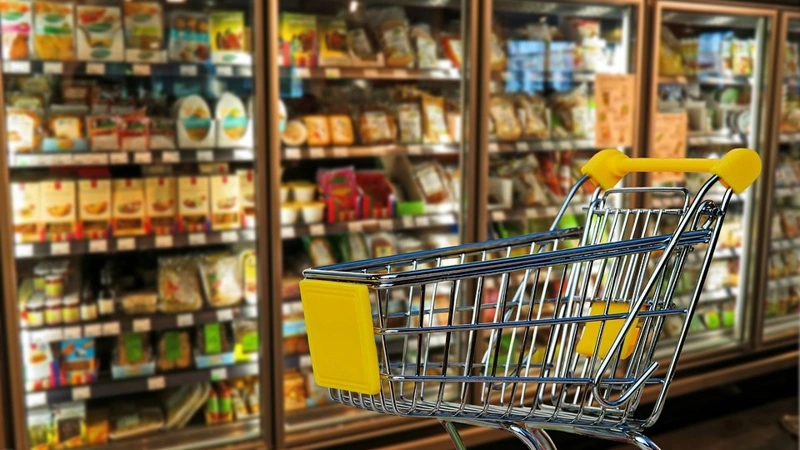Trump rolls back tariffs on food imports as concerns over rising grocery costs grow
U.S. President Donald Trump has lifted tariffs on more than 200 imported food products, including coffee, beef, bananas, and orange juice, in an effort to ease pressure on American households facing higher grocery bills, a Kazinform News Agency correspondent reports.

The exemptions took effect retroactively at midnight on Thursday, Kazinform News Agency correspondent reports.
The decision represents a significant shift for the administration, which earlier this year introduced wide-ranging import duties as part of its broader trade strategy. Speaking to reporters aboard Air Force One, Trump acknowledged that some tariffs “may in some cases” contribute to higher prices. However, he maintained that the United States has “virtually no inflation.”
The move comes after Democrats secured several victories in state and local elections in Virginia, New Jersey, and New York City, where concerns over affordability, including food prices, played an important role. Trump also said he plans to proceed with a one-time payment of 2000 dollars to lower- and middle-income Americans next year, which he said would be funded through tariff revenues.
According to the White House, the exemptions were introduced following the conclusion of multiple framework trade deals with Argentina, Ecuador, Guatemala, and El Salvador. Officials said additional agreements may be completed before the end of the year. The updated list covers more than 200 items routinely purchased by American consumers, including fruits, spices, cocoa, food-processing chemicals, and fertilizers.
Beef has seen some of the steepest increases. Consumer Price Index data show ground beef prices were nearly 13% higher in September compared to a year earlier, while steaks were almost 17% more expensive. Although the United States is a major beef producer, a prolonged cattle shortage has continued to limit supply. Banana prices rose about 7%, and tomatoes increased by roughly 1%. Overall costs for food consumed at home climbed 2.7% in September.
Industry groups welcomed the exemptions. The Food Industry Association said the measure should bring some relief to consumers and manufacturers, while the Distilled Spirits Council expressed concern that products such as Scotch, Cognac, and Irish whiskey were not included. The group said these beverages cannot be produced domestically and remain subject to earlier tariffs.
Trump introduced a 10% base tariff on all imports earlier this year, with additional duties varying by state. While he has recently placed greater emphasis on the cost of living, he continues to argue that earlier inflationary pressures stem from policies under former President Joe Biden rather than from his own trade actions.
Economists note that tariffs contributed to the rise in grocery prices and warn that costs could continue increasing as companies adjust their pricing to reflect higher import expenses. The top Democrat on the House Ways and Means Committee, Richard Neal, said the administration was attempting to address a problem created by its own policy, calling the rollback an acknowledgment of the pressures facing consumers.
The move also suggests a possible recalibration of U.S. trade policy as the administration works to manage domestic price pressures while navigating a shifting political landscape.
Earlier, Kazinform News Agency reported that the Trump administration has taken legal action against California over the state’s newly adopted congressional district maps, which were approved by voters last week

